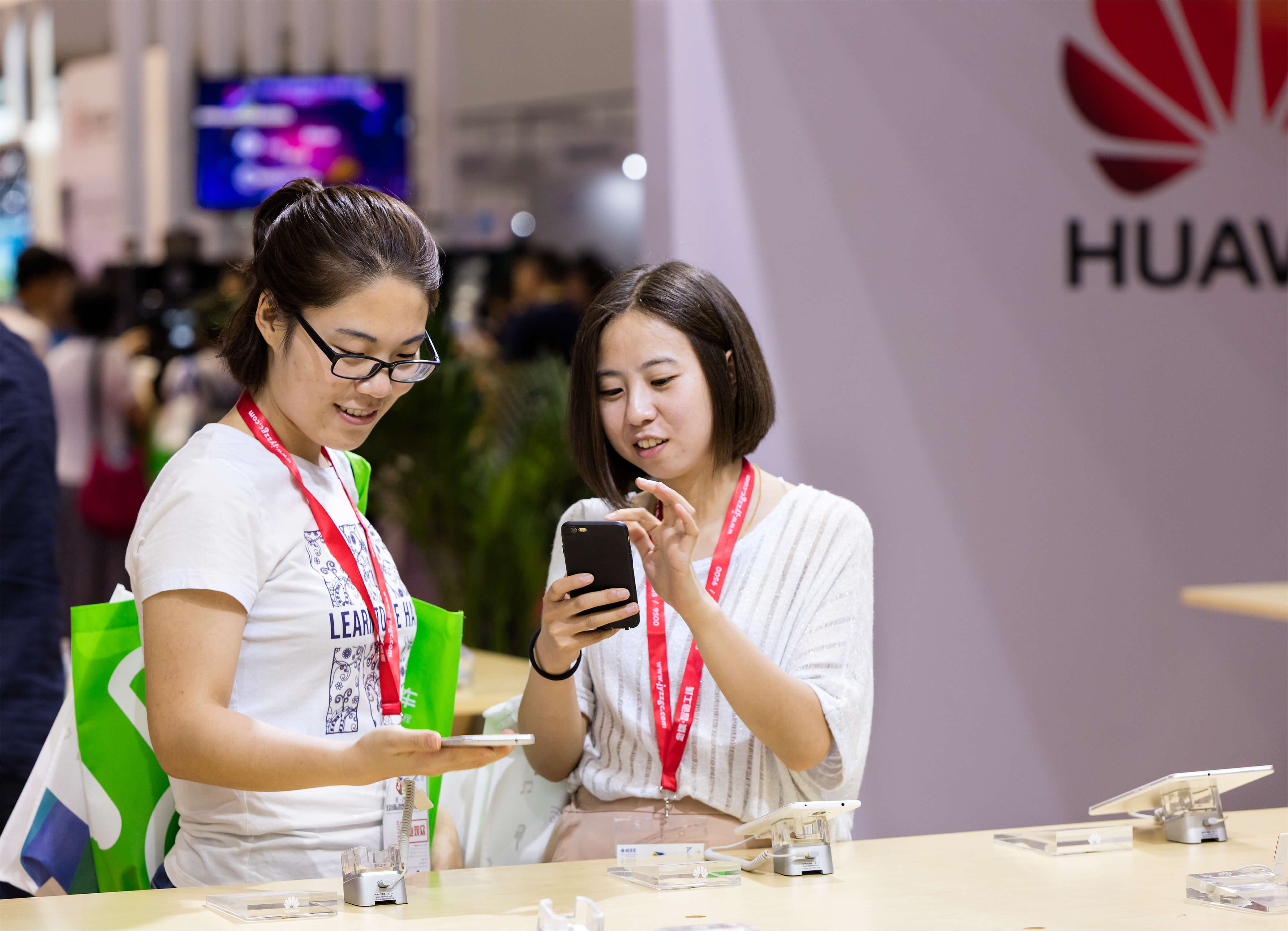
Sometimes patent battles are just the surface signs of deeper disputes. Source: Shutterstock
Patents: Battleground of quietly-waged trade wars
CHINESE companies are bucking the global trend of falling patent application numbers by keeping up a steady increase in the number of intellectual property (IP) filings both at home and abroad.
The domestic Chinese patent office receives a healthy number of applications annually, and it is the pundits’ opinion (of the patent “industry”) that only the highest quality of Chinese patents only ever make it overseas: in short, if it’s not in English, it’s not worth considering.
But the underlying trends in numbers of filings and the lawsuit battles are telling of a quiet trade-war-by-proxy that is going on in iIP, despite the presence of higher level trade agreements between China and other countries – or at least, the lack of specific trade sanctions on China or elsewhere.
Recent comments by the heads of the American security services have opened up a new war of words with Chinese tech companies, with the “official” US position now seeming to be antipathetic towards Chinese technology, or at least ZTE & Huawei, on “security” grounds.
For its part, it is well known that China uses patents and litigation based on intellectual property as part of its arsenal against foreign technology firms, as well as smaller domestic companies which lack the necessary governmental contacts and influential “muscle”.
Trump set to order China trade investigation https://t.co/Vllgsk3W8r #Copyright #IntellectualProperty #IP #Patent #Trademark pic.twitter.com/4vN7TjGqeX
— Dr Neil Gibson (@NeilRGibson) August 14, 2017
There are of course older and more powerful influences at play, above and beyond the in-court fighting of the corporate lawyers.
Samsung’s position as the world’s leading provider of smartphones, tablets, and other assorted tech is at odds with its lowly place in the Chinese market, which reflects more to do with China-Korea relations than it does the quality of its products.
Across APAC and the world, long-held enmities and relationships are played out in commercial arenas, despite public shows of open trade policies and photo opportunities of friendly, diplomatic handshakes.

The ‘official’ US position now seeming to be antipathetic towards Chinese technology, or at least ZTE & Huawei, on ‘security’ grounds. Source: Shutterstock
On the ground, companies play out their competitive natures using patent infringement lawsuits, and sometimes these disputes reflect international rifts.
Chinese companies are well-known to be keen litigators – it’s one of the ways the domestic market protects itself from foreign technology invaders.
The effects are evident, of course, in the roll-call of Chinese consumers’ choice of mobile handsets, for instance. Huawei, Oppo, Vivo, Xiaomi, and Apple make up the top five choices, with Apple’s market share declining, and Huawei steaming ahead.
In the US, Samsung’s products are accepted into a free market, even when that inclusion throws Korean products into direct competition with domestic giant Apple.
But then, South Korea holds essential political and ideological significance for the US in APAC. Huawei and Xiaomi hail from a country towards the other end of the spectrum, and so find less favor.
Samsung joins the list of foreign tech companies struggling or giving up in China: LG’s recent withdrawal from the country made the headlines earlier this month.
Failures at making a mark in China with finished & branded hardware do not, of course, affect the choice of Chinese manufacturies by every tech company under the sun – even Taiwanese ASUS, Acer and HTC contract out to the mainland.
That list of brand failures contains some big names; Google, FaceBook and a host of others have all learned that although the Internet may be a transglobal phenomenon, enough regional and political differences still exist to have serious economic effects. And to keep the patent lawyers in Gucci suits for the foreseeable future.
READ MORE
- The criticality of endpoint management in cybersecurity and operations
- Ethical AI: The renewed importance of safeguarding data and customer privacy in Generative AI applications
- How Japan balances AI-driven opportunities with cybersecurity needs
- Deploying SASE: Benchmarking your approach
- Insurance everywhere all at once: the digital transformation of the APAC insurance industry




